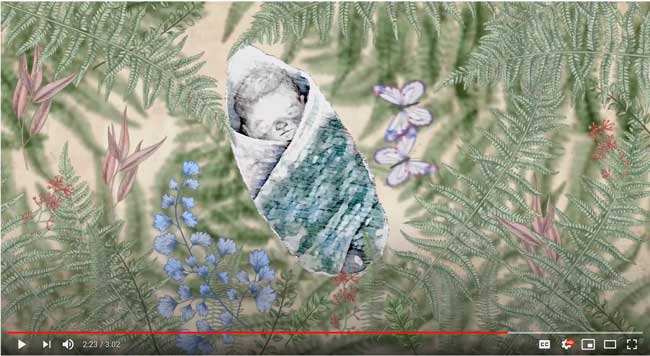The Scheduled Tribes and Other Traditional Forest Dwellers (Recognition of Forest Rights) Act, 2006 is a result of the protracted struggle by the marginal and tribal communities of our country to assert their rights over the forestland over which they were traditionally dependent. This Act is crucial to the rights of millions of tribals and other forest dwellers in different parts of our country as it provides for the restitution of deprived forest rights across India, including both individual rights to cultivated land in forestland and community rights over common property resources. The notification of Rules for the implementation of the Forest Rights Act, 2006 on 1st Jan 2008, has finally paved the way to undo the ‘historic injustice’ done to the tribals and other forest dwellers.
The livelihood of perhaps 100 million poorest of the poor (The Indian Forest Rights Act 2006: Commoning Enclosures) stands to improve if implementation can succeed. The Act is significant as it provides scope and historic opportunity of integrating conservation and livelihood rights of the people.
Website design and developed by Vasundhara, Odisha Supported by Concern Worldwide, WWF India and OXFAM, India
Source: Welcome to Forest Rights Act Website
Address : http://www.fra.org.in/new/
Date Visited: Mon Feb 11 2013 18:28:08 GMT+0100 (CET)
“We must consider the environmental dimension of justice now. The challenge of climate change is so enormous that it forces us to redefine ‘rights’.” – Droupadi Murmu | Speeches by the President of India | United Nations on climate change >>
Are the ‘goods’ and ‘bads’ of physical events such as global warming equally distributed? Are there proper climate governance mechanisms sensitive to differentiated responsibility and risks, mitigated justly for suffering marginalised communities? | Read “Climate Justice: India Is Disproportionately Endangered – as Are Some Indians” on Mongabay | Learn more about climate change | United Nations on climate change >>
Tribal population was spread all over India and most of them occupied wild tracts, hilly and forested areas, away from more civilized centers. In 1880 their population was estimated at about seventy million. They had existed for centuries with their own social traditions and beliefs and subsisted on natural resources. They had preserved their near isolation and way of life until the British administration and policies made inroads into their territories. The tribal population was totally unprepared for the colonial economy. British land revenue policies and Forest Law directly affected their means of livelihood. They had been practicing shifting cultivation and were heavily dependent on forest for their day-to-day lives. Permanent land settlements gradually took away the land from them that they had been using for their mode of cultivation as common communal property. Forest Law and monopolization of forest wealth severely restricted the availability of forest for fulfilling their needs. Commercialization and exploitation displaced the tribals from the tracts they had been occupying for generations. Traders, money lenders and revenue farmers took advantage of British land settlement policies to exploit the simple-minded people. The forest produce became a source of government revenue. Not able to comprehend the government policies, the tribal people saw the penetration of “outsiders” into their territories as threat to their survival and a series of spontaneous uprisings occurred at various places in the country. […]
Source: Summary for Tribal Dissatisfaction Under Colonial Economy of 19th Century by Subha Johari
URL: https://worldcat.org/en/title/1040271311
Date Visited: 10 May 2023
The world has enough for everyone’s need but not for anyone’s greed.
Mahatma Gandhi >>
Source: Acceptance speech by Medha Patkar and Baba Amte (Narmada Bachao Andolan), Laureates of the 1991 Right Livelihood Award (“a courage-powered community for social change committed to peace, justice and sustainability for all)
URL: https://rightlivelihood.org/speech/acceptance-speech-medha-patkar-and-baba-amte-narmada-bachao-andolan/
Date visited: 11 March 2022

Watch “The Good Ancestor – The Legacies We Leave” (3 min.): An animation that explores the legacies we might leave for future generations >>
Links to some of the most important organisations, thinkers and doers that are leading the way and that have inspired the book The Good Ancestor by Roman Krznaric >>

Jawaharlal Nehru on five principles for the policy to be pursued vis-a-vis the tribals >>
Photo © Indian Express